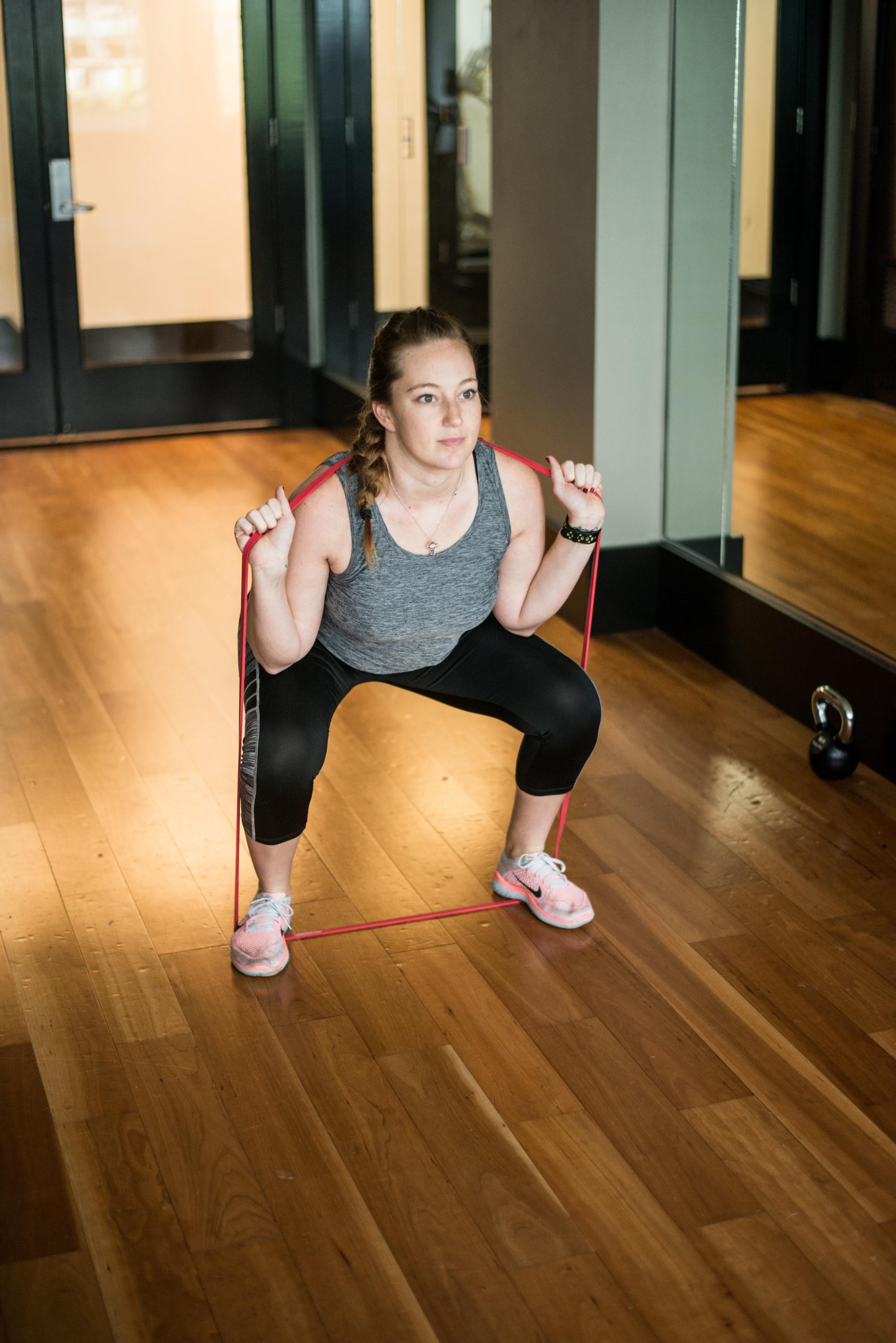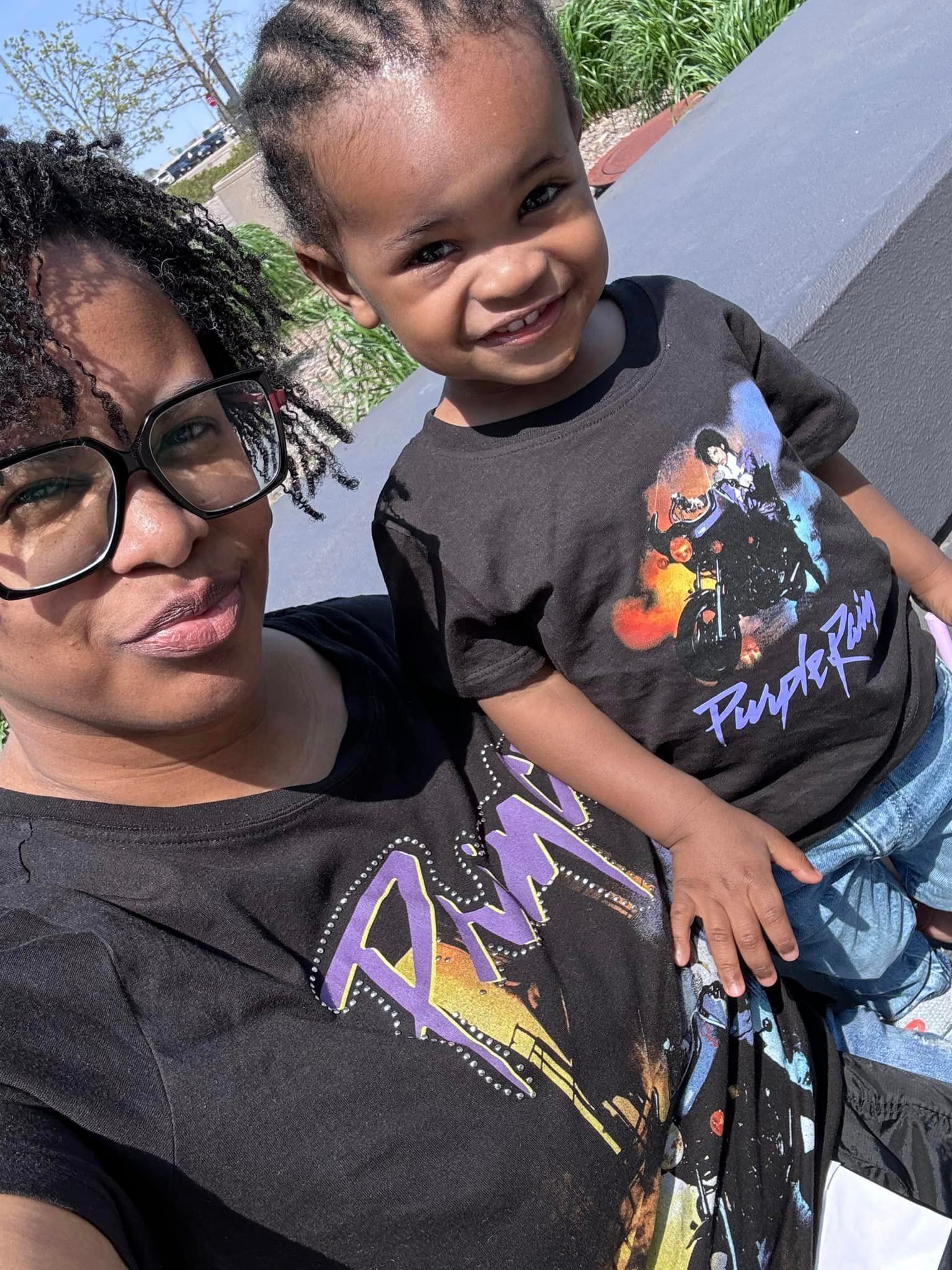The Foundation of Intentional Parenting: A Conscious Approach to Raising Children
How Intentional Parenting Differs from Gentle Parenting and Other Approaches, and Why It’s About Being Fully Present.
There are so many parenting styles out there, it’s easy to get overwhelmed by the labels. “Gentle Parenting,” “Authoritative Parenting,” “Attachment Parenting,”—each one offers a different philosophy on how to raise well-rounded kids. And then there’s Intentional Parenting, which often gets confused with these other approaches but has its own unique focus.
If you’ve ever wondered what intentional parenting really means, how it stacks up to other methods, and why it might be the right approach for your family, let’s break it down together.
What is Intentional Parenting?
At its core, Intentional Parenting is about raising kids with a deep sense of purpose and presence. It’s not about having the “right” answers all the time or following a rigid set of rules. Instead, it’s a way of approaching parenting that’s driven by conscious decision-making, where you actively reflect on how your choices and actions align with the values you want to instill in your children.
Being an intentional parent means asking yourself questions like:
- What values am I teaching through my actions?
- Am I modeling the behaviors I want my child to adopt?
- How can I create an environment that allows my child to thrive emotionally, intellectually, and socially?
It’s about being fully present with your child—whether in moments of joy, frustration, or challenge—and making decisions based on long-term goals rather than reacting to the chaos of everyday life.
How Intentional Parenting Differs from Gentle Parenting
While Intentional Parenting and Gentle Parenting often overlap in practice, they’re rooted in slightly different philosophies:
- Gentle Parenting focuses heavily on empathy, respect, and nurturing a strong emotional bond. It’s about responding to your child’s needs with kindness, avoiding punitive measures, and guiding them gently through their emotional and behavioral development.
- Intentional Parenting, on the other hand, emphasizes a more mindful, holistic approach. While empathy and respect are crucial, there’s also a focus on aligning your actions with the broader goals you have for your family. Intentional parenting may incorporate elements of gentle parenting, but it also brings in structure, discipline (without harshness), and an emphasis on leading by example.
In gentle parenting, you might focus on managing tantrums with patience and understanding. In intentional parenting, you’d do the same—but you’d also ask yourself what role your reactions play in modeling emotional regulation for your child in the long term.
Key Difference:
- Gentle parenting emphasizes how you interact with your child’s feelings and behavior in the moment.
- Intentional parenting asks you to think about why you’re responding in a certain way and how it aligns with your broader vision for your family.
Similarities with Other Parenting Styles
Attachment Parenting and Intentional Parenting share a focus on building a strong emotional connection. Both styles value creating a secure foundation where a child feels loved and supported, but intentional parenting takes a step back to focus more on how those early bonds shape a child’s long-term development.
Authoritative Parenting—often cited as one of the most effective parenting styles—also overlaps with intentional parenting. Both styles advocate for balance: giving children freedom within set boundaries and offering a blend of warmth, guidance, and discipline. The difference is that intentional parenting emphasizes the parent’s awareness of how their values inform their choices, whereas authoritative parenting is more structured around consistent rules and expectations.
Why Intentional Parenting Focuses on Balance
One of the strengths of intentional parenting is its balance between structure and flexibility. It’s about creating an environment where your child can flourish, but it’s also about giving them the freedom to make mistakes, explore, and grow. Rather than rigidly sticking to any one “method,” intentional parenting encourages adapting your approach as your child grows and changes.
For example, if your child is struggling with boundaries, an intentional parent might reflect on whether those boundaries align with their family’s values. Are they teaching self-respect, discipline, and independence, or are they about controlling behavior? It’s a delicate balance, but one that centers on the why behind your parenting decisions.
How Intentional Parenting Can Shift Over Time
Another aspect of intentional parenting that sets it apart is that it’s an evolving process. What works for a toddler may not work for a pre-teen, and an intentional parent constantly reevaluates their approach to make sure it serves both the child and the family’s values.
For example, when Bennett was a infant, my primary focus was on providing him with security and consistency—making sure he felt safe, loved, and nurtured. But as he grows, my intentions have shifted. I now think more about how to teach him empathy, independence, and resilience in ways that make sense for his developmental stage. Intentional parenting is never stagnant; it grows with your child.
How to Start Practicing Intentional Parenting
If you’re new to the concept of intentional parenting, here are a few practical steps to get started:
- Define Your Values: Sit down and think about the values you want to pass on to your children. What kind of qualities do you want to nurture in them—kindness, curiosity, resilience? Use these values as a guide for your parenting choices.
- Reflect on Your Actions: After a challenging day with your kids, take a moment to reflect. Did your actions align with the values you’re trying to model? If not, how can you course-correct tomorrow?
- Stay Present: Make a conscious effort to be fully present with your children. Whether you’re having a serious conversation or simply playing together, be there in the moment, not distracted by other concerns.
- Be Flexible: Don’t beat yourself up when things don’t go as planned. Intentional parenting is about balance and reflection, not perfection. It’s okay to adjust your approach as you and your child grow.
Resources to Learn About Parenting Styles
If you’re interested in diving deeper into different parenting styles and figuring out what aligns best with your family’s needs, here are a few great resources:
Books:
- Very Intentional Parenting: How to Raise Empowered Kids by Destini Ann Davis- A different kind of parenting book that helps parents improve themselves first, so they can then be better parents to their kids.
- Raising Free People: Unschooling as Liberation and Healing Work by Akilah S. Richards -A transformative look at unschooling, centering the liberation of Black children and families through conscious parenting and education.
- Raising Good Humans: A Mindful Guide to Breaking the Cycle of Reactive Parenting and Raising Kind, Confident Kids by
Hunter Clarke-Fields MSAE- Practical strategies to break free from “reactive parenting” habits and raise kind, cooperative, and confident kids.
Podcasts:
- Parenting Decolonized by Yolanda Williams- This podcast dives into conscious parenting with an anti-racist lens, focusing on breaking harmful generational cycles and raising free, empowered children.
- The Parenting Cipher– Focuses on respectful and gentle parenting techniques.
- The Brown Mama Blueprint by Muffy Mendoza- A podcast and community built for Black mothers, focusing on parenting, self-care, and personal growth with practical, uplifting advice.
Websites:
- Hand in Hand Parenting – Offers tools and resources for connecting deeply with your child.
- Positive Parenting Solutions – Provides free tools and training for effective parenting approaches rooted in empathy and communication.
- Big Little Feelings – A fantastic resource for parents navigating toddlerhood, tantrums, and emotional regulation.
- Black Moms Connection -A global community providing Black mothers with resources, support, and education on parenting, finances, and mental health.
Final Thoughts
Intentional parenting is about more than just managing behavior or keeping your child happy in the moment. It’s about aligning your day-to-day actions with the long-term values you want to instill in your kids. Whether you’re drawn to gentle parenting, authoritative parenting, or somewhere in between, intentional parenting gives you the framework to reflect on why you do what you do—and how it helps your child grow into the person you hope they’ll become.
The beauty of this approach is that it’s adaptable, flexible, and centered on your family’s unique needs. You don’t have to fit into one box or follow one set of rules. The key is to stay connected, mindful, and intentional with every choice you make.
XoXo,
Sia
This page contains affiliate links.












